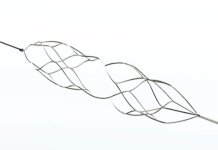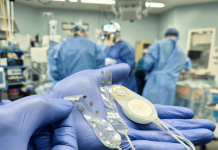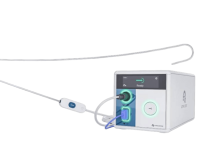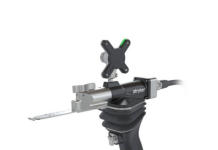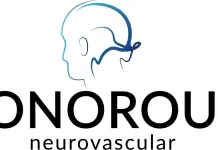Discure Technologies raised $11 million in an oversubscribed Series A, adding to a separate $5 million fundraising. The Petach-Tivka, Israel-based company brought in $5 million through a Simple Agreement for Future Equity (SAFE) raise. BOLD Capital Partners, Supernova Invest and Sanara Capital led the company’s $11 million Series A. Multiple U.S. hospital networks, leading orthopedic surgeons, veteran medtech industry investors and existing investors participated.
Related: Brightflow raises $18m for implantable cardiac pump
Discure Technologies earmarked funds for the advancement of its Discure system. The company designed the bioelectronic implantable device for the treatment and reversal of degenerative disc disease (DDD).
The technology actively controls the reintroduction of fluid, oxygen and nutrients into the degenerated disc. Unlike existing sypmtom-focused treatments, Discure believes its technology could become the first disease-modifying solution for DDD. It could reduce the use of opioids and the need for invasive back surgery.
A minimally invasive, personalized device, the system features an implantable pulse generator, a lead and an electrode. It aims to restore the natural function of the disc and eliminate pain.
Discure currently has a first-in-human clinical trial underway for its technology in Canada and Italy.
“We welcome our new partners and investors to our existing investor group,” said Discure Technologies CEO Yuval Mandelbaum. “The SAFE allowed us to complete development of the Discure system, as well as successfully complete our comprehensive pre-clinical program, adding studies in large animals and human cadaveric discs, thereby setting the stage for this successful Series A round. This latest investment will accelerate our growth, allowing us to make key hires and fully fund our first-in-human clinical study in Canada and Italy.
“The investment validates the Company’s novel, minimally invasive approach to reverse disc degeneration, shifting the paradigm from symptom management to addressing the problem by regenerating the disc.”
